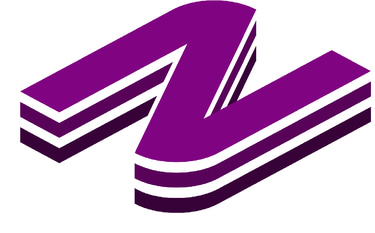Automate Your Procurement
Procurement is one of the most critical activities in the operations of any business. The most important task of the purchasing process is the receipt of materials as per agreed delivery dates depicted in the purchase order. The delivery dates normally consider the supplier’s lead time to manufacture and effect the dispatches.


Supplier Expedition:
The expediating process refers to the purchasing organization pro-actively contacting the supplier for any updates on the up-coming delivery schedule and to be informed of any potential delays. This assessment is crucial to take actions necessary to mitigate the risk of production disruptions and stoppages. This feed is also helpful to make alternative plans at the production site in anticipation of supply delays and hence also potentially avert any revenue losses due to idle production lines.
Normally the ownership of ensuring supply of materials at right time, quantity and quality resides with the Buyer who pro-actively chases the supplier to ensure that this happens, and this process of expedition takes up quite a considerable amount of time and energy.
Most of the time the buyer is alienated from the production lines, quality and other allied departments and often misses key information compounding to the stress of getting the parts in time and not late enough to hold up production.
In today’s world organizations strive to have a system/process in place for timely supplier expeditions to gain insight of upcoming supply details and negotiate for rescheduling if needed, most companies have a dedicated staff for this activity – however a process of automatic validation and supplier expedition by the system and provision to information of near approaching deliveries of open purchase orders, invoices due, material rejections, etc is felt which can nearly remove the risk of any potential production disruptions.
Delivery Schedule Adherence (DSA):
Procurement KPI commonly known as Delivery Schedule Adherence (DSA) is a pre-dominant expectation of any buyer from the supplier. It refers to the adherence of deliveries by suppliers against agreed delivery dates. This KPI ensures that suppliers are quite within the limits of acceptance in terms of their performance. The importance attached to this KPI makes it more demanding for the Buyers to stretch their activity.
At the same time it is becoming more important for the business to allow their procurement teams to relieve themselves from being far too focused on the tactical activities of their job and shift focus more on the strategic activities like strategic procurement, innovations, stakeholder management, supplier engagement, cost management, inventory management, and many other activities that bring in real value to the organization and definitely compliment their career growth in the organization.
The transformation to this type of business should be the focal point to reduce mundane repetitive actions and encourage pro-active and re-active involvement from the supplier as a necessity which will promote the present buyer versus supplier relationship to a buyer – supplier collaborative partnership.


Keynote:
Usage of appropriate and effective tools will be the key to ensure a rewarding procurement experience.
It should be respected and shouldn’t be underestimated that procurement’s primary goal is to have the right parts, delivered at the right time, with the right quantity and the right quality.


